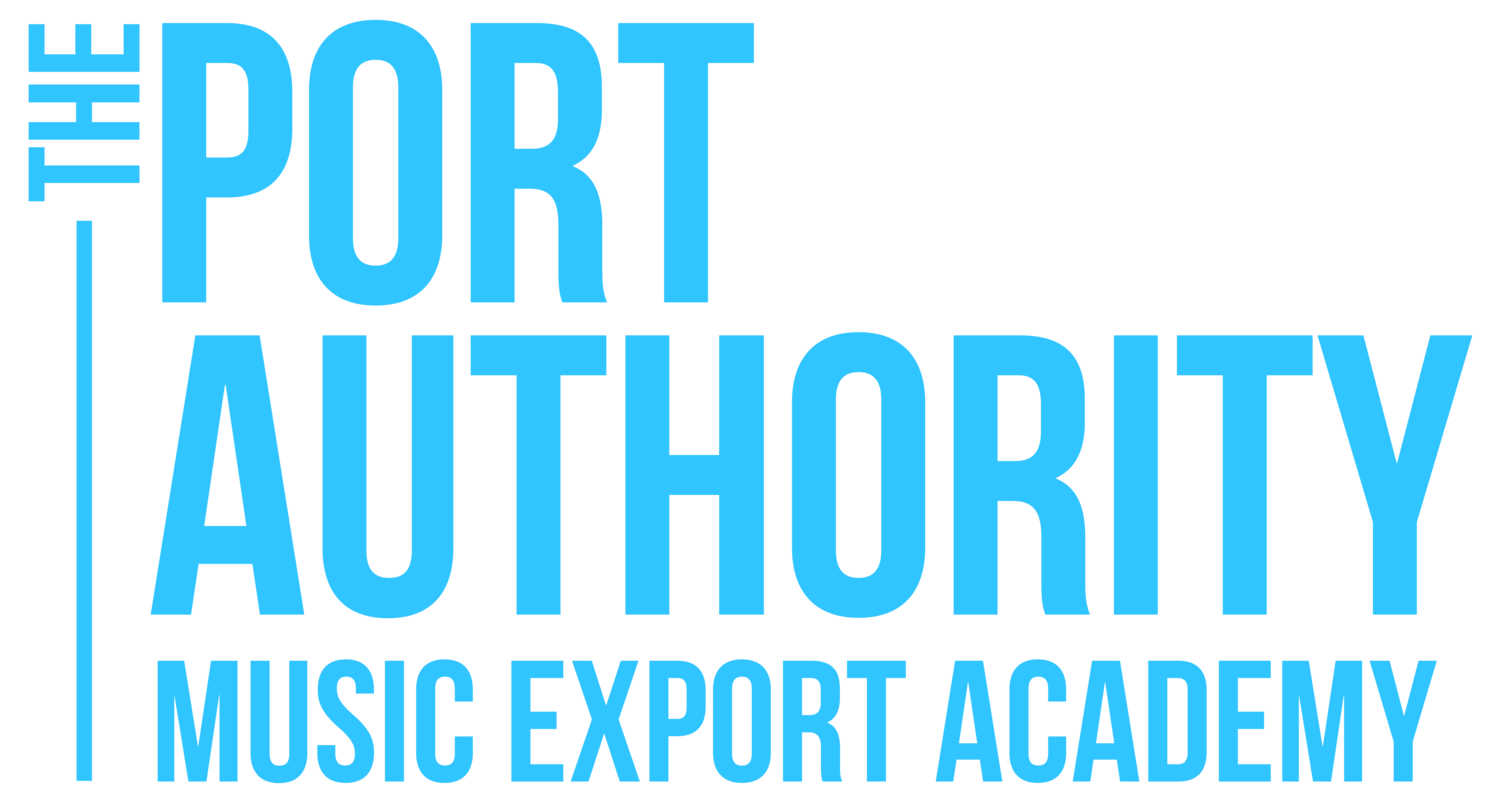Starting Your Search for a U.S. Booking Agent
Any artist looking to further their career, and perform at better venues with bigger audiences will eventually need a booking agent on their team. Booking agents are responsible for the overall logistics and scheduling of live performances such as negotiating contracts, arranging tours and performances, communicating with venues, connecting the artist to their fans, and more. The right agent will take over these necessary details, so that the artist can focus on developing their performances musically and creatively.
A booking agent will usually charge within a range of 10% - 15% commission from the artist’s earnings on the show that they booked. In some cases, it is even possible for agents to charge a standard flat fee. There is also a difference between independently working agents who are completely in charge of their work flow and connections, and in-house agents employed by an agency that may have access to more promotional resources, a bigger network of contacts, and overall have more credibility. These differences should be considered when approaching agents or agencies because it will likely determine pricing, as well as the types of opportunities that will be offered to you.
You may even already know how a booking agent will make any artist’s life easier from working with one in your home territory. Admittedly, working with an agent in other countries does not mean one will be easily attainable in the U.S. The American market is exponentially larger, more complex, and overall very demanding when it comes to getting the attention of agents. As an artist you have to be at a certain level, generally already playing successful shows with a secured following, to gain an agent’s attention. For international artists beginning their research for a U.S booking agent, the following tips and resources will provide more insight.
Before approaching a U.S. booking agent, prepare the following:
A Sales Pitch: Create a pitch to sell yourself as an artist, and your brand. Showcase all of your successes so far, and define who your audience is.
Your plan for the future: What are your career goals? What is your strategy to achieve these goals, and how do you plan to continue growing as an artist?
Identify your partners in the market: What individuals, businesses or organizations have you worked with, or plan to collaborate with, to keep advancing your career?
Mention the agents you’ve worked with: Talk about your experience with the existing agents in other territories you already have relationships with.
Share your past performances: What are the best live gigs you’ve already played? What was the size of the audience? Have you gone on tour?
Finances: Outline your projected revenue for the next few years, and any other current financial successes.
Streaming Numbers: Make sure you know your stream counts on all of the platforms you’re on, any tracks that stand out, and how these numbers have grown since you began.
Playlist placements: Are you featured on any editorial Spotify playlists, or other playlists with a large following?
Bands with whom you have an existing relationship with: Name other established bands or artists that you have collaborated with, plan to collaborate with, or are fans of your work.
Steps you’ve already taken to grow your audience: Provide any tactics or approaches you’ve already taken in attempts to grow your audience or book bigger gigs, and why you believe a booking agent is the crucial next step you need to advance your career.
Sources:
How to Find a Music Booking Agent
Booking Agent & What Is A Music Booking Agent?
How To Get Gigs in 2023 - The Ultimate Guide
